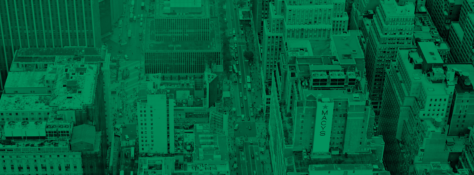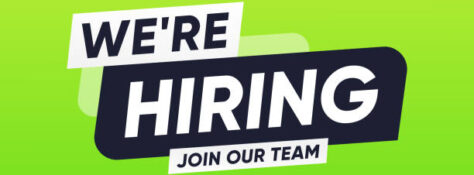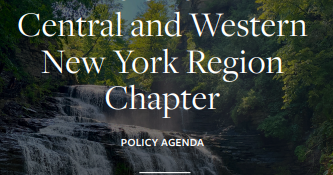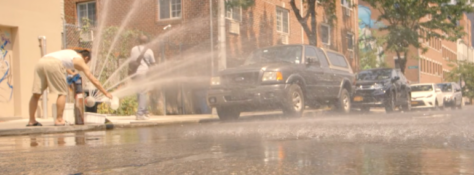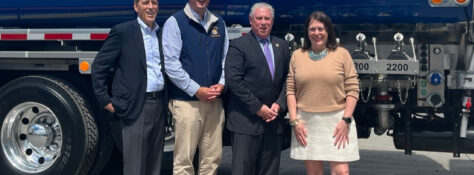The New York League of Conservation Voters (NYLCV) and the NYLCV Education Fund has helped drive significant progress for New York’s environment in 2024. Thank you to all of our members for helping to advance clean energy, clean air and water and a healthy future for all New Yorkers. With just about five months to go in 2024, we’re not slowing down.
Learn MoreThis position will support the programs team in community outreach, canvassing, and advocacy efforts related primarily to offshore wind, clean water, and voting.
Learn MoreThe area encompasses Buffalo, Rochester, Syracuse and the Great Lakes region and has a population of a little more than 3.5 million people. Our overall environmental goals for the region are to increase renewable energy, decarbonize buildings, clean up toxic waste, provide safe drinking water for all residents, and reduce waste going to landfills.
Learn MoreAfter three rounds of federal funding, New York State has received $369 million for lead service line inventory and pipe replacement projects and at this rate is likely to receive at least $645 million in total. This funding is coming from the federal Infrastructure Investment and Jobs Act (IIJA), also known as the Bipartisan Infrastructure Law (BIL) that was signed into law by President Biden in October 2021. In total, BIL is providing $15 billion to all states -- at a rate of $3 billion a year over a five year period -- the largest amount of funding ever invested by the federal government for this purpose.
Learn MoreThe plan – which was developed through a collaborative community planning process with local organizers and 29 state agencies – provides a roadmap for the entire New York State government to improve extreme heat resiliency and mitigation, especially in vulnerable and disadvantaged communities.
Learn MoreCongestion pricing, which was scheduled to start June 30, would require vehicles entering Manhattan’s central business district (CBD), between 60th street to the southern tip of Manhattan, to pay varying tolls based on the vehicle type and the day and time of entrance. The tolls were expected to raise $1 billion a year, which when bonded would add $15 billion to the MTA’s current mass transit capital budget. This would help the MTA modernize, improve and add services to its overall public transportation system, creating easier and more sustainable public access to the CBD by enhancing bus and subway service and adding more and safer bike lanes.
Learn MoreNew York League of Conservation Voters and Sprague Operating Resources LLC hosted a press conference today to
celebrate the availability of renewable diesel at the Sprague Fuel Terminal in Rensselaer, NY which will service trucking companies and wholesalers in the Upstate Region. Earlier this year, Sprague opened New York City’s first retail fuel station dispensing renewable diesel supplied from Sprague’s NYC Bronx Terminal.
Renewable diesel affords an immediate reduction of greenhouse gasses, particulate matter small particles, and NOx emissions. The transportation sector is one of the largest contributors to greenhouse gas emissions and air pollution in New York. Low-carbon fuel options for existing vehicles will immediately cut transportation emissions and help New York meet its bold climate goals.
Learn MoreWe are deeply disappointed that the final days of the legislative session descended into a battle to rescue congestion pricing after Governor Hochul paused the program just week’s before it was set to begin. We are firmly committed to seeing congestion pricing implemented and we salute the courage of our state representatives for standing up and saying no to the governor's attempt to bailout this misguided decision.
The 2024 session was not without bright spots. We were thrilled to see the Senate and Assembly pass the Suffolk County Water Restoration Act, an NYLCV Scorecard bill which empowers county residents to address a decades-long water crisis. The other NYLCV Scorecard bills passed by both chambers were Electric Vehicle Charging In Public Lots, NY Wildlife Crossing Act, Expansion of the Food Donation and Scraps Program, and the NYC Green Roof Tax Abatement.
Learn More
